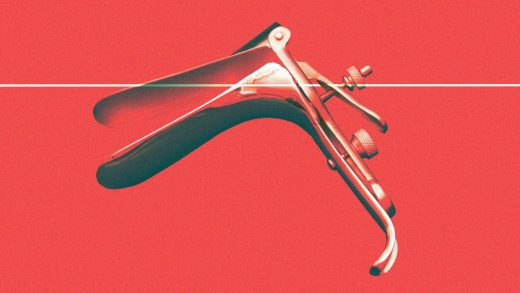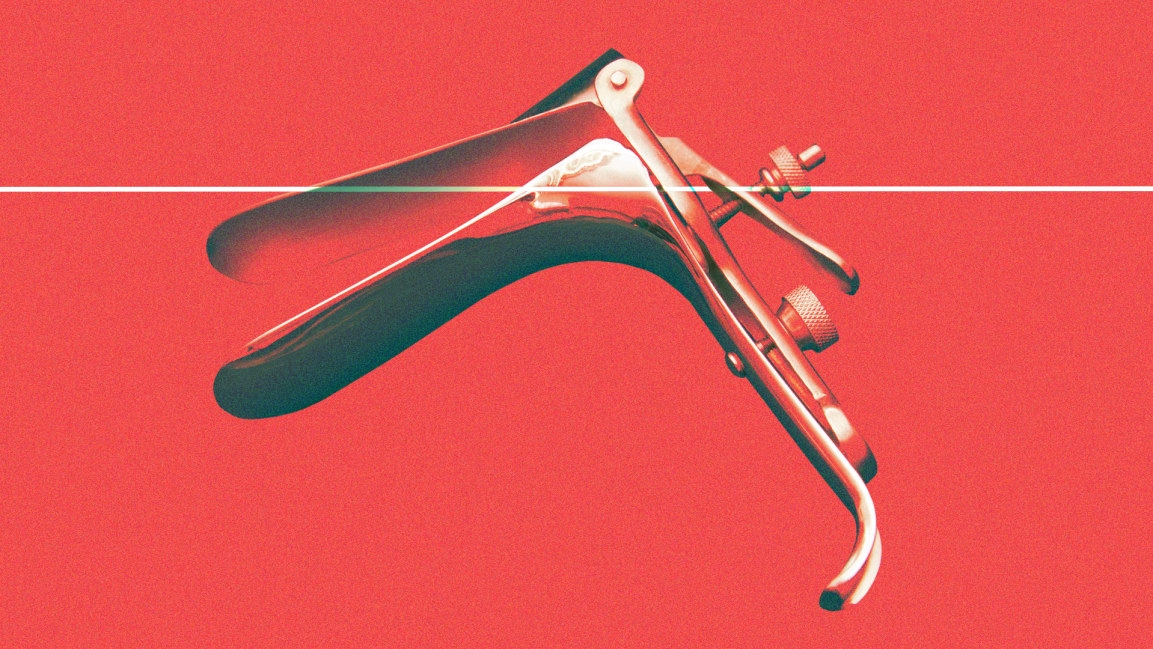A shocking number of teen girls are undergoing unnecessary pelvic exams, CDC study reveals
Healthy girls typically don’t need to confront the speculum and stirrups until at least age 21, and yet most young women still do. Researchers at the Centers for Disease Control and Prevention and UC San Francisco found that half of young women’s pelvic exams are medically unnecessary at ages 15-20, and that nearly three-quarters of Pap tests are unnecessary, totaling 1.4 million exams and 1.6 million annual Pap tests on at least 1.6 million girls each year.
For those not familiar, having one’s lady parts invaded by a medieval-looking speculum and gloved doctors’ fingers is, at best, wildly invasive; Pap smear tests scrape cells off of the cervix, which often leaves patients lightly bleeding. It is, frankly, horrifying that these are so many teen girls’ first two-person experiences with their bodies.
The editors of JAMA Internal Medicine write that this is “what happens to vulnerable populations–(in this case girls and young women) when clinicians do not keep up with or do not adhere to new guidelines.”
The researchers write that unnecessary exams expose girls to “preventable harms” such as anxiety, false positives, and over-diagnosis. “Cervical cancer screening is not recommended routinely in this age group. Pelvic exams are not necessary prior to getting most contraceptives and are often not needed to screen for STIs,” says senior author George Sawaya, a professor of Obgyn and Reproductive Sciences at UCSF. The study found that young women using hormonal contraception were much more likely to receive exams and Pap tests.
The price tag hints at why doctors may still perform them: Those 3 million exams and Pap tests rack up an estimated $123 million annually.
Back in 2010, guidelines in Pediatrics stated that “most adolescents do not need an internal examination involving a speculum or bimanual examination”; the American College of Obstetricians and Gynecologists do not recommend cervical cancer screenings for women under age 21.
(18)



